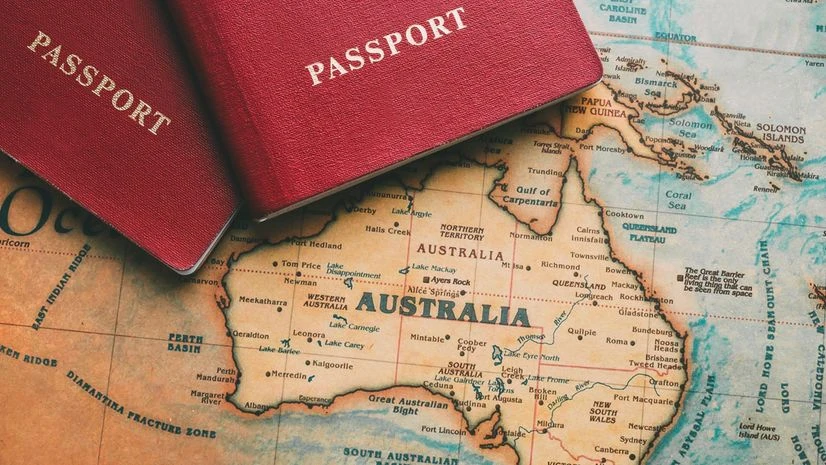Indian students aspiring to study in Australia are set to see more stringent visa regulations from this month. On March 23, Australia enforced tougher visa rules for international students, against the backdrop of an escalating migration trend. The criteria for English language proficiency for both student and graduate visa applicants have been raised. Moreover, the Australian government now has the authority to halt education institutions from enlisting international students should they persistently violate regulations.
Here's what prospective Indian students need to know:
Revised language proficiency standards
Temporary Graduate visa applicants will now need to get an IELTS score of 6.5, up from 6.0. Those applying for a student visa will need a minimum score of 6.0.
Increased financial proof requirements
Also Read
The financial requirements for student visa applicants are also set to increase. Individuals will need to demonstrate access to savings of at least $24,505, which is a 17 per cent increase from previous levels.
Emphasis on authentic educational intent
A new criterion, known as the Genuine Student (GS) requirement, will scrutinise applicants' intentions behind pursuing education in Australia more closely. Factors such as course selection, academic progression, previous immigration history, and compliance with visa conditions will be evaluated.
Genuine Student Test
In a bid to further authenticate the influx of international students, the Australian government has rolled out a new Genuine Student Test. This test replaces the current Genuine Temporary Entrant (GTE) requirement and is designed to filter out applicants who might not be coming to Australia with genuine academic goals. Applications deemed high-risk will undergo more rigorous examination under these new regulations.
"The move will continue to drive migration levels down while delivering on our commitments in the migration strategy to fix the broken system we inherited," Home Affairs Minister Clare O'Neil had said in a statement.
Australia increased its migration cap in 2022 to alleviate workforce shortages post-Covid-19. This influx, predominantly from India, China, and the Philippines, has had a mixed impact—boosting labour supply while putting unprecedented pressure on the housing market and construction sector.

)
